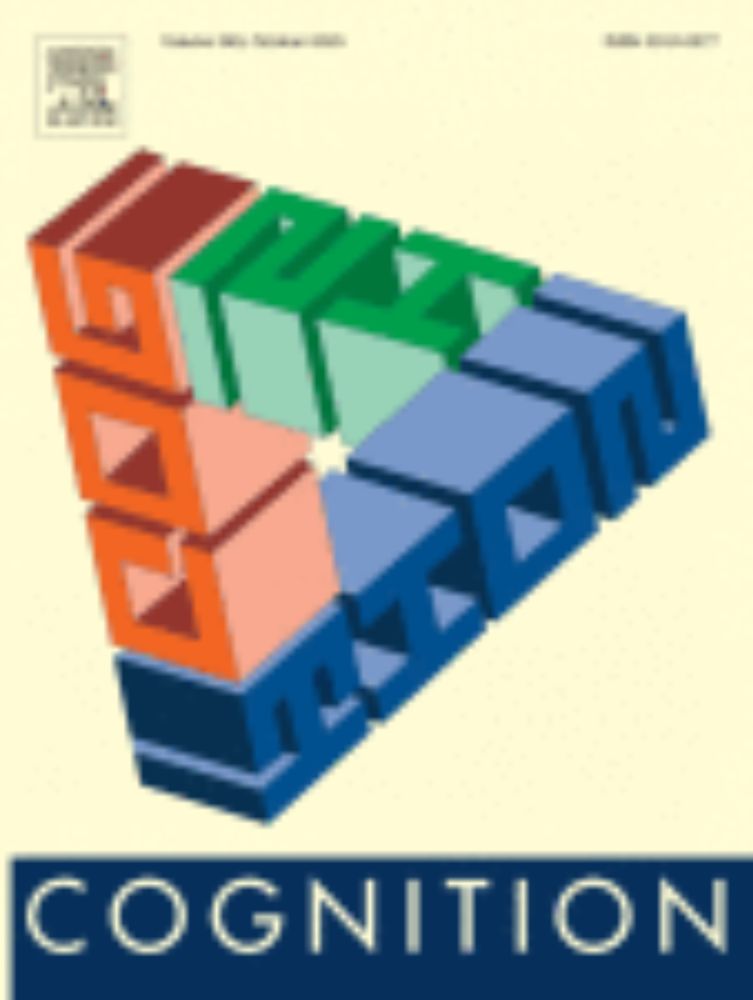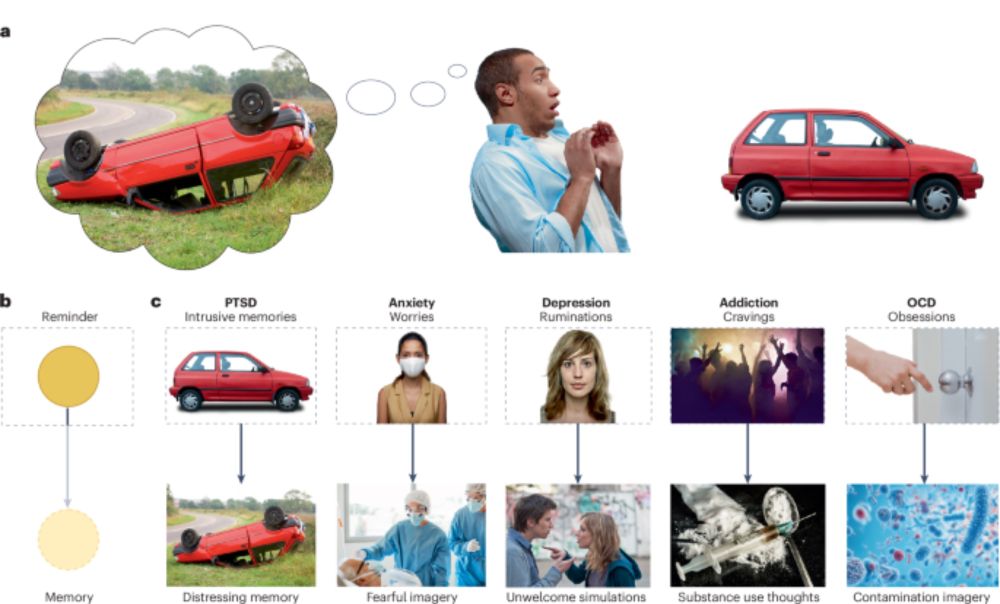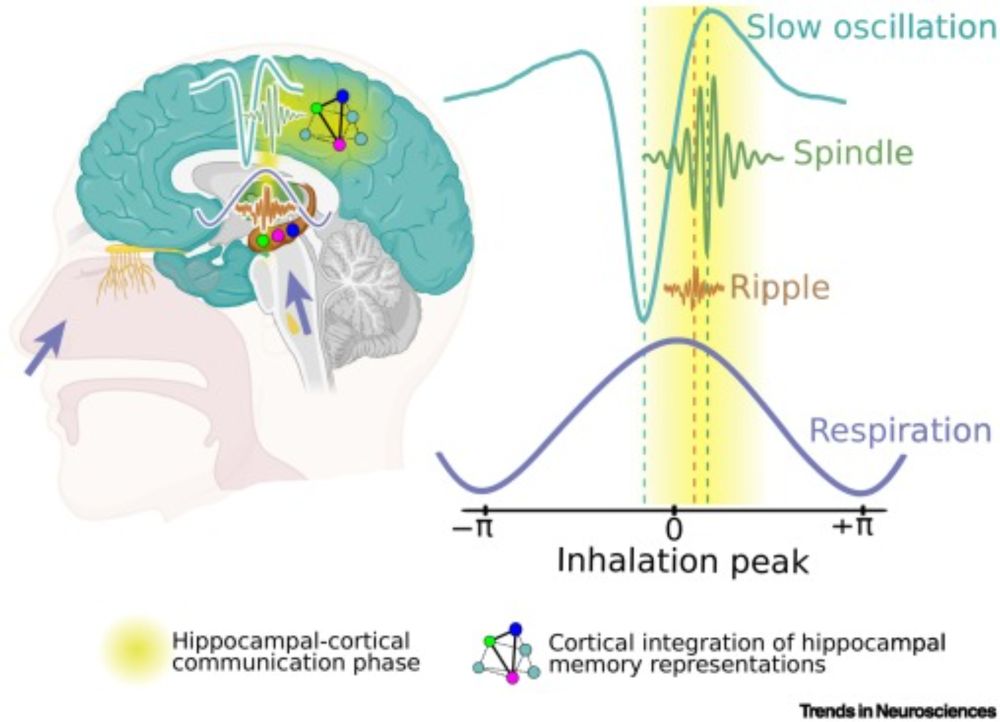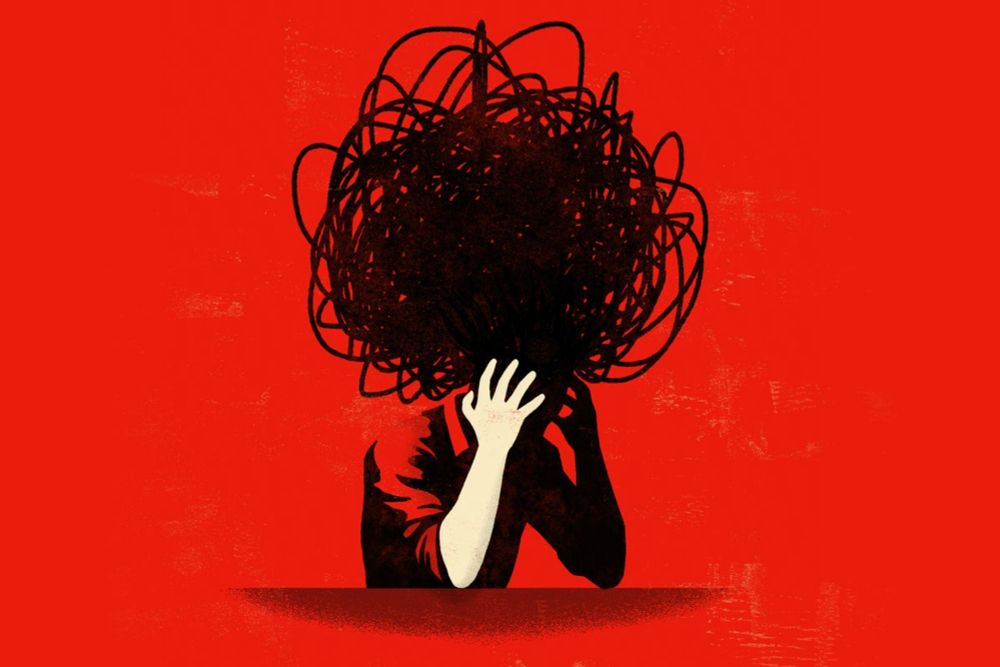
https://www.epoc-york.com
authors.elsevier.com/sd/article/S...


📢 New paper from: Anna Guttesen (annaavali.bsky.social), Marcus Harrington (@harrington-mo.bsky.social), Gareth Gaskell (mggaskell.bsky.social), & Scott Cairney (sacairney.bsky.social)
www.sciencedirect.com/science/arti...

#neuroskyence #cognition #psychscisky #neurojobs
jobs.york.ac.uk/vacancy/lect...
#neuroskyence #cognition #psychscisky #neurojobs
jobs.york.ac.uk/vacancy/lect...
Postdoc: tinyurl.com/vr5thp7s
RA: tinyurl.com/ycyzkatc


Postdoc: tinyurl.com/vr5thp7s
RA: tinyurl.com/ycyzkatc
Postdoc: tinyurl.com/vr5thp7s
RA: tinyurl.com/ycyzkatc



www.sciencedirect.com/science/arti...

www.sciencedirect.com/science/arti...
We are very excited to report the discovery of an oscillation in the Central Thalamus using rare direct recordings of human thalamic electrophysiology.
The novel oscillation is tightly coupled to specific, natural states of consciousness.🧵
We are very excited to report the discovery of an oscillation in the Central Thalamus using rare direct recordings of human thalamic electrophysiology.
The novel oscillation is tightly coupled to specific, natural states of consciousness.🧵


These are all the work of Ethan Swope, an LA-based photojournalist working for AP.
You can follow his remarkable reporting here👇
www.instagram.com/ethanswopeph...




These are all the work of Ethan Swope, an LA-based photojournalist working for AP.
You can follow his remarkable reporting here👇
www.instagram.com/ethanswopeph...

doi.org/10.1017/S003...
academic.oup.com/sleep/articl...

academic.oup.com/sleep/articl...


